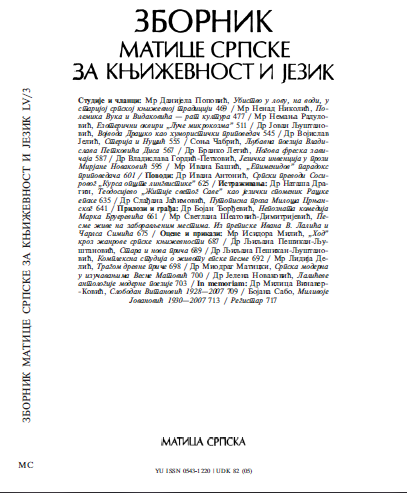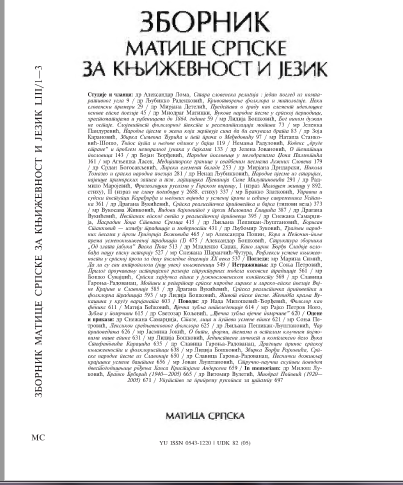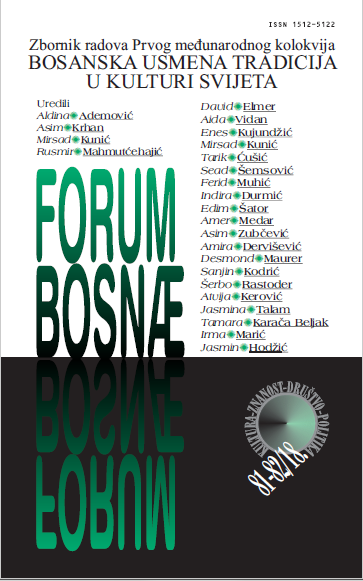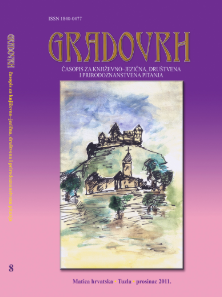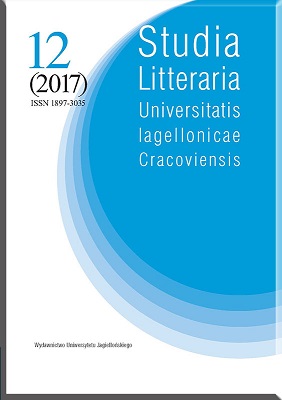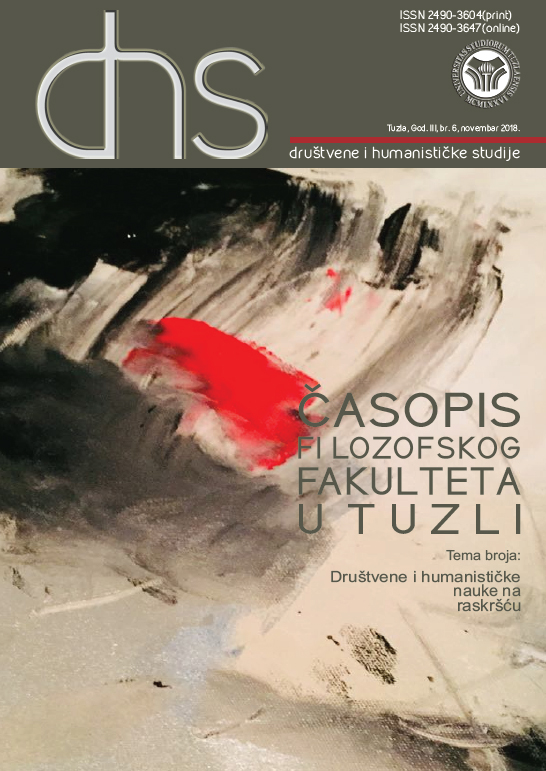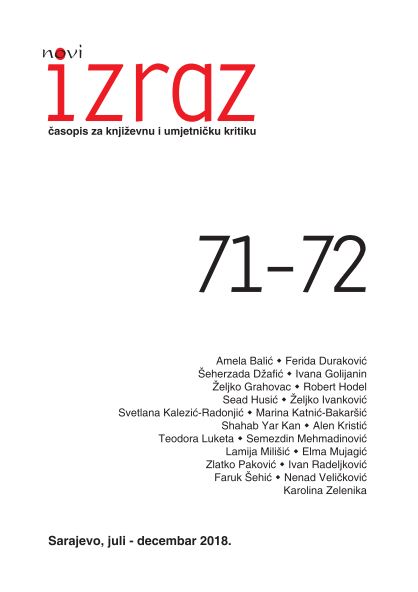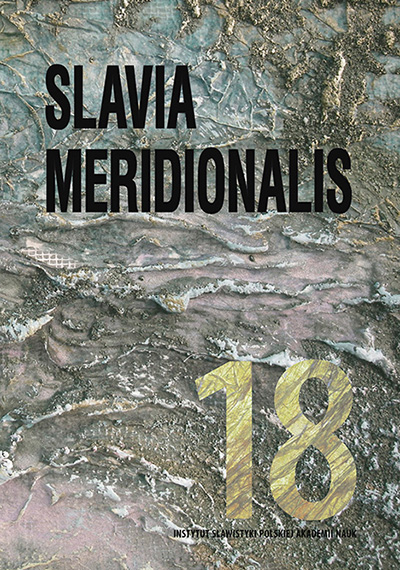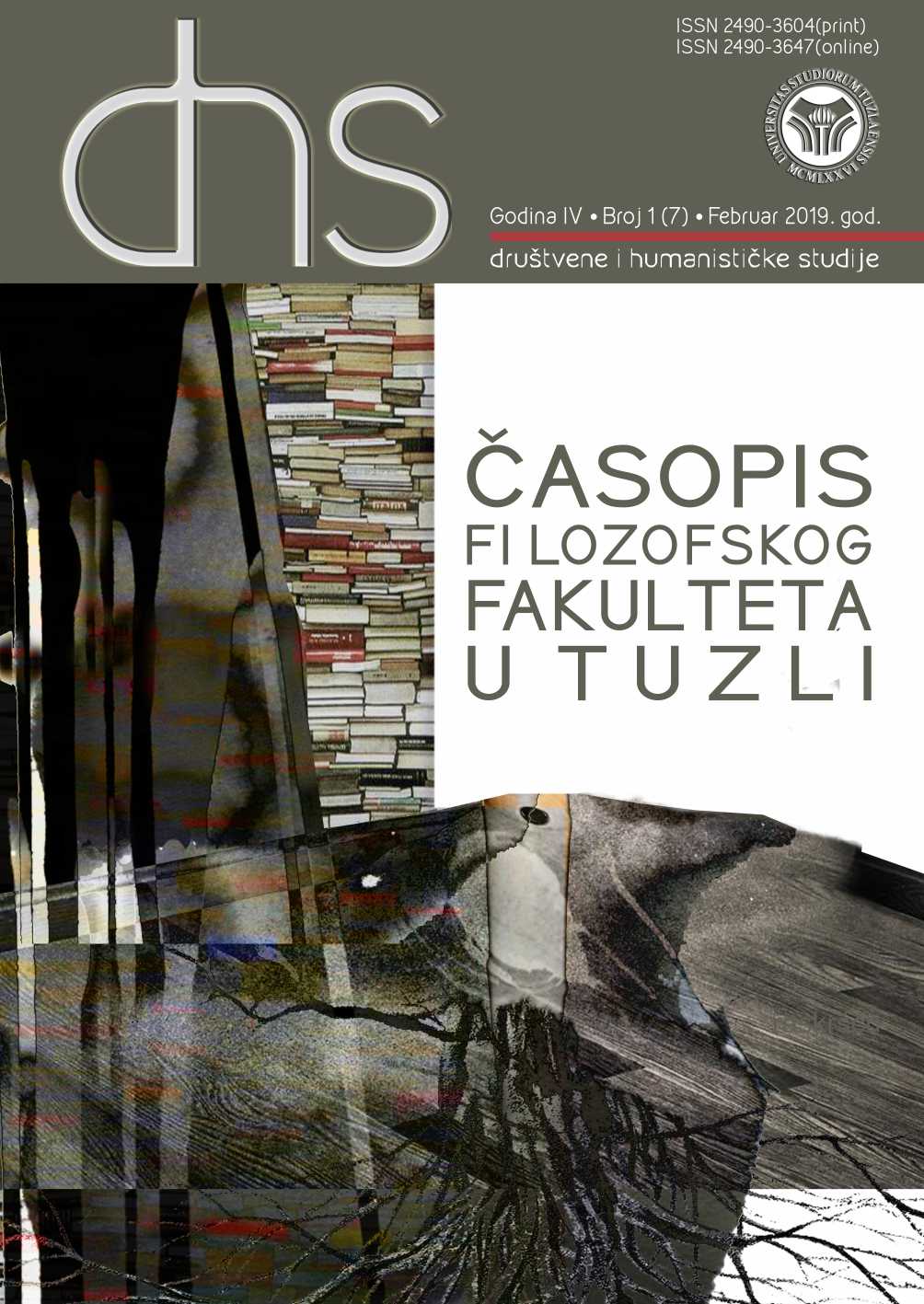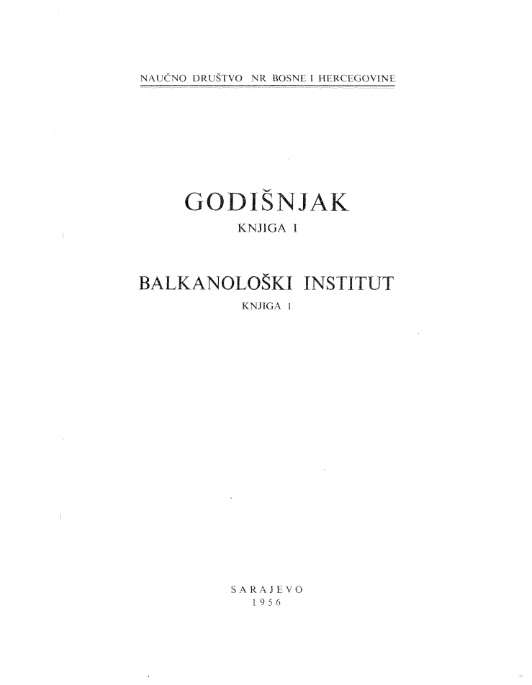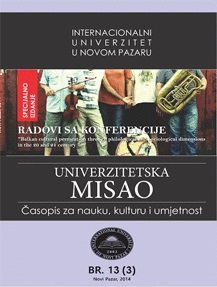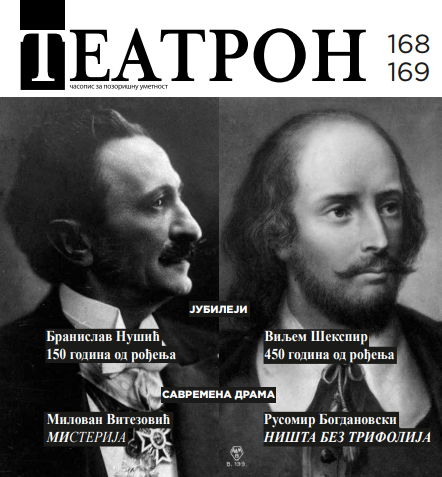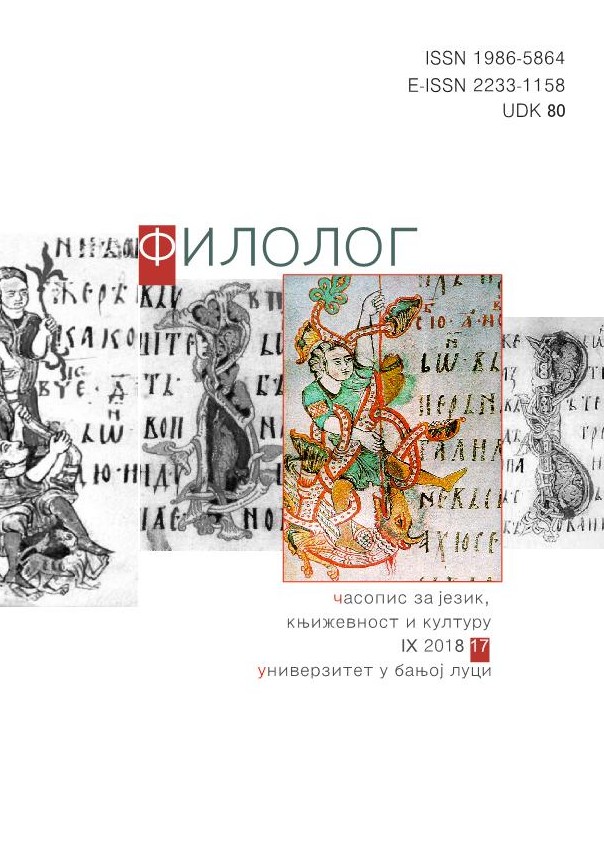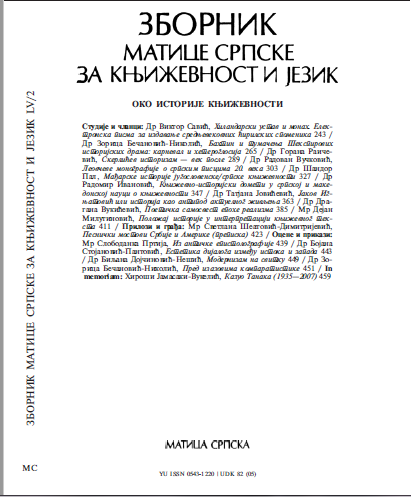
МAЂAРСКE ИСТОРИЈЕ ЈУГОСЛОВЕНСКЕ/СРПСКE КЊИЖЕВНОСТИ
At the end of the 19th and the beginning of the 20th century, in Hungary — mostly in encyclopedias and reviews about world literature — there appeared the first reviews about Serbian (that is South Slavic) literature. The authors (according to the needs and available resources) were the Hungarians themselves, but also the best experts from the nations in question (P. Popovic). Taking into account the entire corpus, special attention should be paid to two books. The author of the first book titled History of Literature of the Yugoslav Nations (A jugoszlđv nepek irodalmđnak tortenete, 1963) is Zoltan Csuka, an outstanding translator from Serbian into Hungarian, while the second one was written by Petar Milosevic: History of the Serbian Literature (A szerb irodalom tortenete, 1988). In this article, the author discusses both books in detail, specially emphasizing the problems of periodization, double nationality of some of the authors, as well as numerous specificities related to the Hungarian literature. Zoltan Csuka did not start to write his history of the Yugoslav/Serbian literature suddenly, without any preparation. Within the corpus of his completely forgotten and neglected critical-journalist activity, one should mention at least four studies. The first is A hđboru utđni delszlđv irodalom (Postwar South Slavic Literature) from 1935 in which he presents an extensive review of the Serbian and Croatian literature from Lju- bomir Micic and Boško Tokin through Branimir Cosic, Ivo Andric and Veljko Petrovic, to Miroslav Krleža and Tin Ujevic. The Study A magyarorszdgi szerb irodalom (Serbian Literature in Hungary) from 1944 is actually a specific review of the development from Dositej Obradovic to Veljko Petrovic, through the prism of life and work of only those writers who were born in Hungary.
More...
